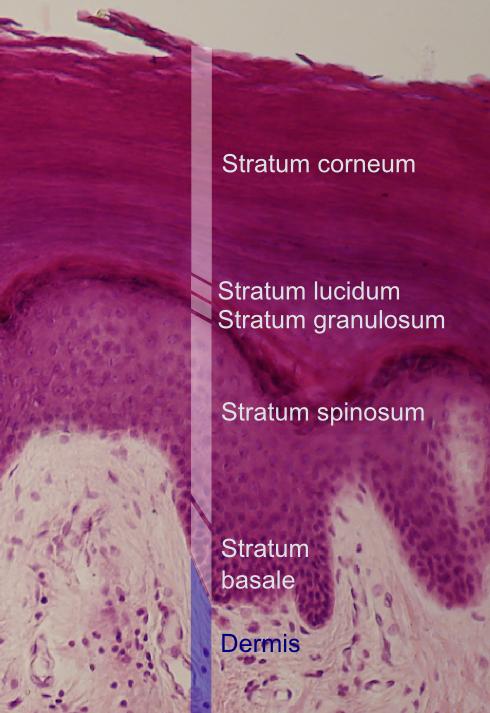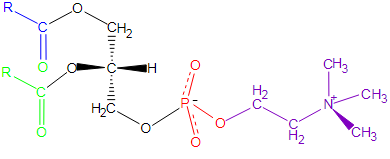Discussion around the question Why does bleach feel slippery? has started me thinking about the saponification explanation for the slippery feeling of basic solutions.
According to Wikipedia:
Alkaline drain openers can dissolve hair (containing proteins) and fats inside pipes via alkaline hydrolysis of amide and ester respectively:
$$\ce{RCONH2(amide or proteins)+ OH− → NH3 + RCOO−}$$
$$\ce{RCO2R’(ester or fats)+ OH− → R'OH + RCOO−}$$
and just above that:
Essentially, the hydroxide ions from the basic lye attack the carbonyl carbons of the fat, which eventually kicks off the hydrophobic tails of the triglyceride (tristearin/fat) to isolate glycerol.
So I am not sure if the "saponification" explanation for why a small amount of a fairly strong base feels slippery between thumb and forefinger really says that the reaction has produced a true soapy surfactant or that it should really say that it is lubrication by glycerol-like compounds that generate the intense slippery feeling.
Wikipedia also says:
The Stratum corneum (Latin for 'horny layer') is the outermost layer of the epidermis, consisting of dead cells (corneocytes). This layer is composed of 15–20 layers of flattened cells with no nuclei and cell organelles. Their cytoplasm shows filamentous keratin. These corneocytes are embedded in a lipid matrix composed of ceramides, cholesterol, and fatty acids. (emphasis added)
Corneocytes are keratinocytes and named as such because of the abundance of keratin protein filaments they contain.
I seem to remember my very smart high school chemistry teacher telling us that the breakdown of protein was also important, but I don't remember the production of soap as being so central. So I'd like to ask if there is any actual empirical evidence - ideally with a scientific reference, that demonstrates which molecules present between the fingers in this situation is primarily responsible for the slippery feeling. Potential candidates might include:
- Soap/surfactant,
- Glycerol produced from hydrolysis of "finger lipids",
- Broken down protein products, or
- the pre-existing inter-cellular lipid layers that would be exposed by the removal of successive layers of cells within the stratum corneum.
below: Epidermal layers, from here.


